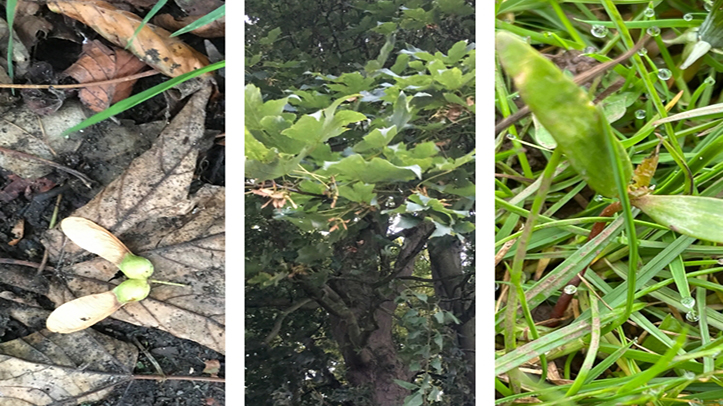The British Equine Veterinary Association (BEVA) is reminding owners to keep their horses safe from the risk of grazing around sycamore trees as they shed their seeds. Ingestion of sycamore seeds can cause rapidly fatal illness in horses.
“With leaves still on trees now is the time to identify sycamores in the vicinity of your horse’s fields and predict the future risk,” said Lucy Grieve, veterinary projects officer at BEVA.
“Once the leaves start to turn and then drop it will be much more difficult to spot sycamores.”
High winds can cause sycamore seeds to spread considerable distances from the tree. In the ideal world horses should be kept away from grazing around sycamores but if there is no other option then providing supplementary forage in the field will help to keep them occupied and help prevent them from ingesting seeds.
It is imperative to seek veterinary attention immediately if horses that have access to sycamore seeds show any signs of illness.
Seeds (masts or helicopters) from the common sycamore tree (Acer pseudoplatanus) produce a toxin called Hypoglycin A, which can remain present in high concentrations in seedlings. When horses eat these, either by accident or because they are lacking other forage options, some individuals will develop severe and often fatal muscle damage, called atypical myopathy.
Horses with atypical myopathy may present with variable signs including:
- muscle soreness;
- stiffness;
- weakness;
- difficulty breathing;
- dullness;
- lethargy;
- muscle trembling;
- colic-symptoms; and
- characteristically, brown or dark red urine.
Suspected cases should receive veterinary attention immediately. Around three-quarters of affected horses will die, often despite extensive veterinary treatment but those surviving the initial period will usually go on to make a full recovery.


